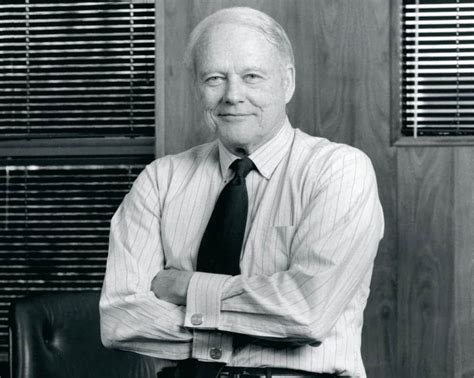A Quote by Robert Ringer
The cost of procrastination is generally far greater than the cost of making mistakes.
Quote Topics
Related Quotes
... I don't think anybody should avoid mistakes. If it is within their nature to make certain mistakes, I think they should make them, make the mistakes and find out what the cost of the mistake is, rather than to constantly keep avoiding it, and never really knowing exactly what the experience of it is, what the cost of it is, you know, and all the other facets of the mistake. I don't think that mistakes are that bad. I think that they should try and not do destructive things, but I don't think that a mistake is that serious a thing that one should be told what to do to avoid it.
Dallas Willard warns us too of the "cost of non-discipleship." We may be able to live with some pain, but when our whole self becomes more and more rotten, the cost is far greater than dealing with the problem as soon as possible. This is why I think following Jesus, though challenging, is much easier than following anything else. The world has nothing better to offer me. Jesus has come to right my wrongs and to make me refreshingly new.
On the Internet, there are an unlimited number of competitors. Anybody with a Flip camera is your competition. What makes it even worse is that YouTube is willing to subsidize the cost of your bandwidth. So anybody can create and distribute for free basically, but the real cost is marketing. And that's always the big cost - how do you stand out and what's the cost of standing out? And there's no limit to that cost.
Civilization comes at a cost of manliness. It comes at a cost of wildness, of risk, of strife. It comes at a cost of strength, of courage, of mastery. It comes at a cost of honor. Increased civilization exacts a toll of virility, forcing manliness into further redoubts of vicariousness and abstraction.
We have an industrial base - one that, if made to take orders rather than being allowed in the vacuum of leadership to create them, if enabled by the elimination of cost-plus contracting to produce and achieve rather than waste and receive, could make something worth the cost rather than making work that costs us our dreams.






































